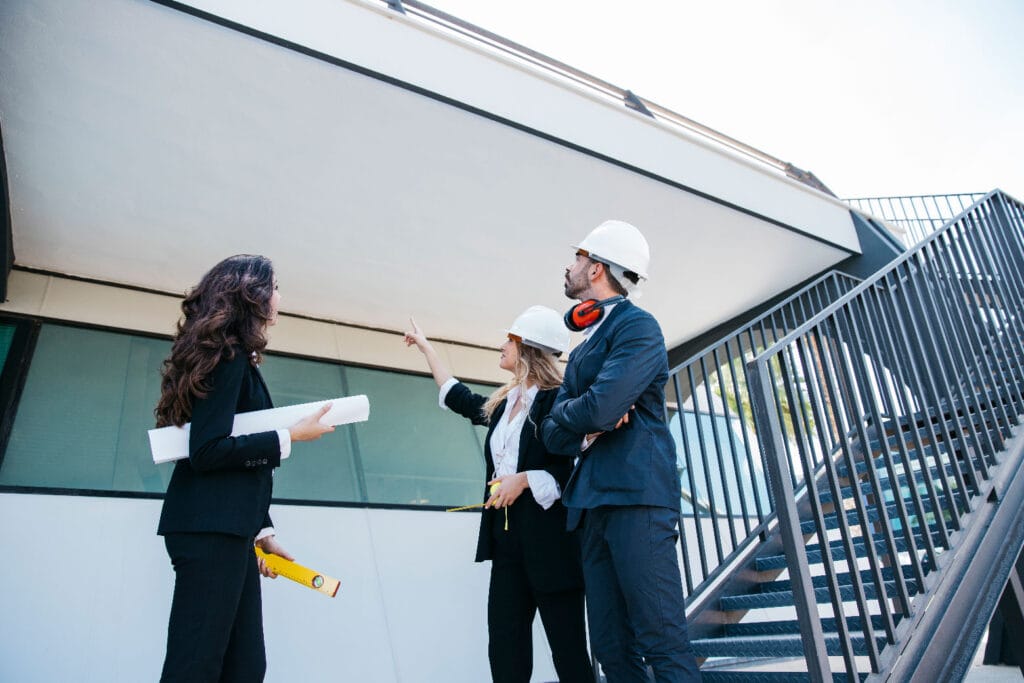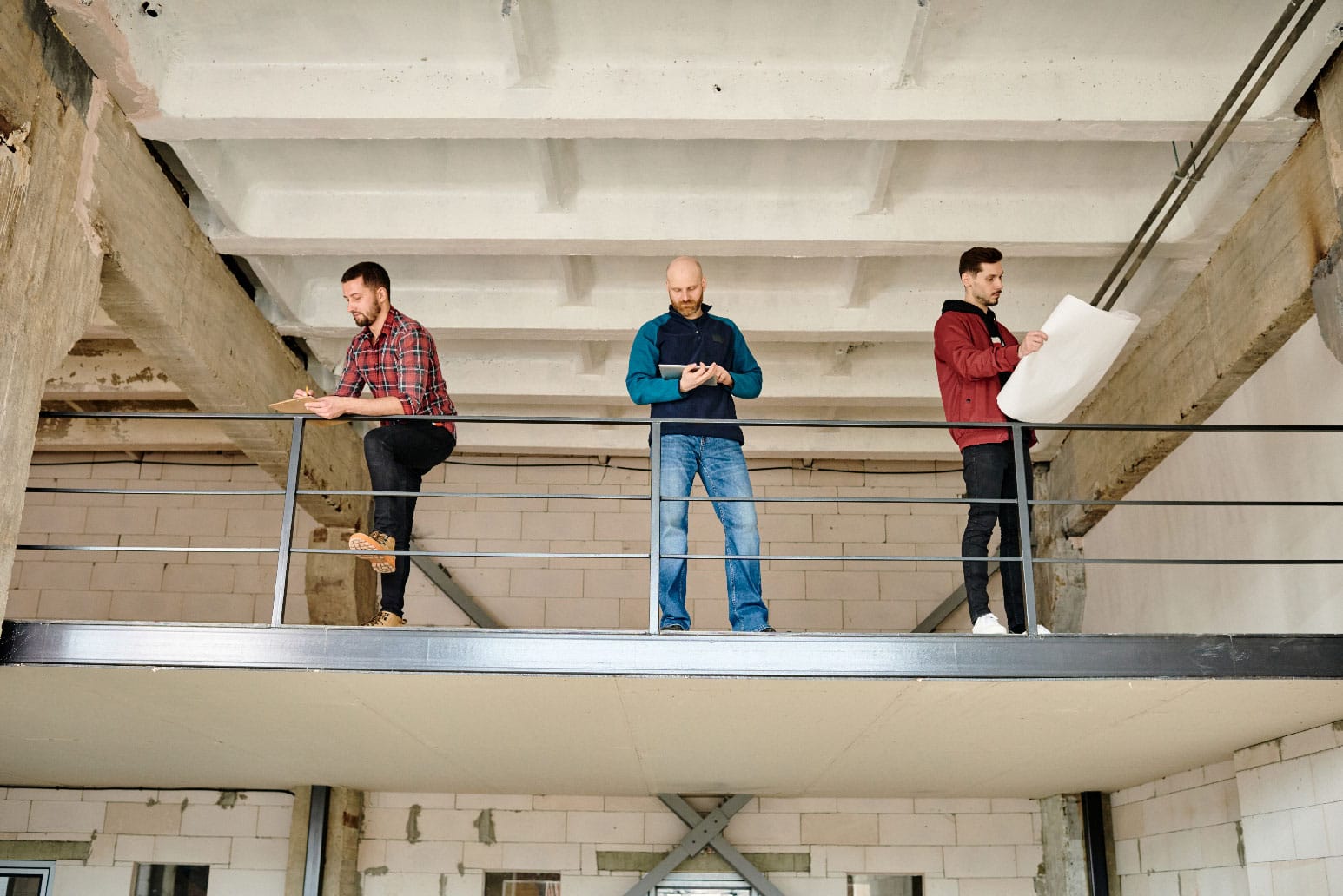Balcony Inspection
SB 721: The Balcony Inspection and Repair Act
SB 721 was enacted in response to a tragic balcony collapse in Berkeley, California, in 2015, which resulted in the deaths of six students. This law aims to prevent such incidents by ensuring the safety of exterior elevated elements (EEEs) in multi-unit residential buildings.
Key Requirements:
Scope: Applies to buildings with three or more multi-family dwelling units.
Inspections: Mandatory inspections of balconies, decks, stairways, and walkways that are more than 6 feet above ground level. These inspections must be conducted by qualified professionals such as licensed general contractors, architects, or engineers.
Frequency: Inspections must occur every six years.
Inspection Reports: Detailed reports must be prepared and kept for two inspection cycles (12 years). These reports should be available to local building officials upon request.
Penalties: Non-compliance can result in fines ranging from $100 to $500 per day, and local jurisdictions can enforce safety liens against non-compliant properties1.

SB 326: The Condominium Balcony Bill
SB 326 was introduced to address similar safety concerns but specifically targets condominiums and community associations. This law was also influenced by the Berkeley balcony collapse.
Key Requirements:
Scope: Applies to condominium associations and community associations with three or more attached units.
Inspections: Requires regular inspections of EEEs, including balconies, decks, and walkways, that are supported by wood or wood-based products and are 6 feet or more above ground level34.
Frequency: Inspections must be conducted every nine years.
Qualified Inspectors: Inspections must be performed by licensed structural engineers, architects, or certified building inspectors.
Reporting: Inspectors must provide a detailed report to the HOA board, including the condition of the inspected elements and any necessary repairs. The HOA must then budget for and complete the repairs34.
Both laws are crucial for ensuring the safety and structural integrity of elevated exterior elements in residential buildings, thereby protecting residents from potential hazards.


